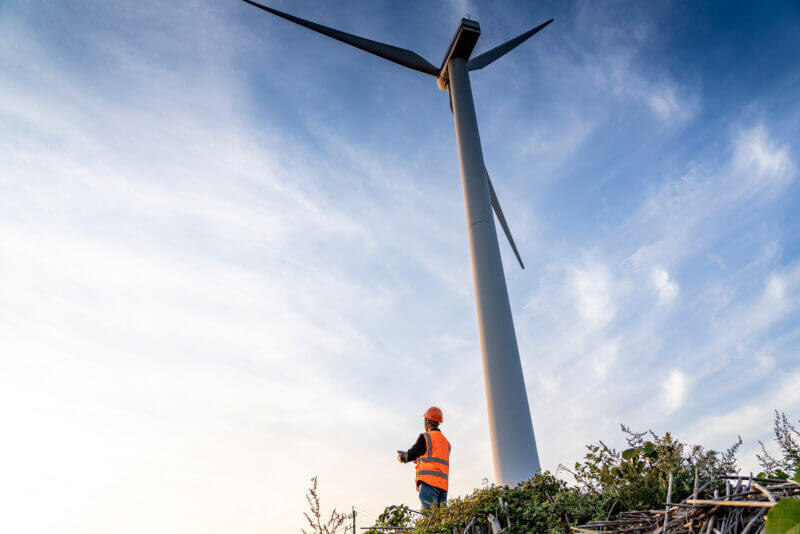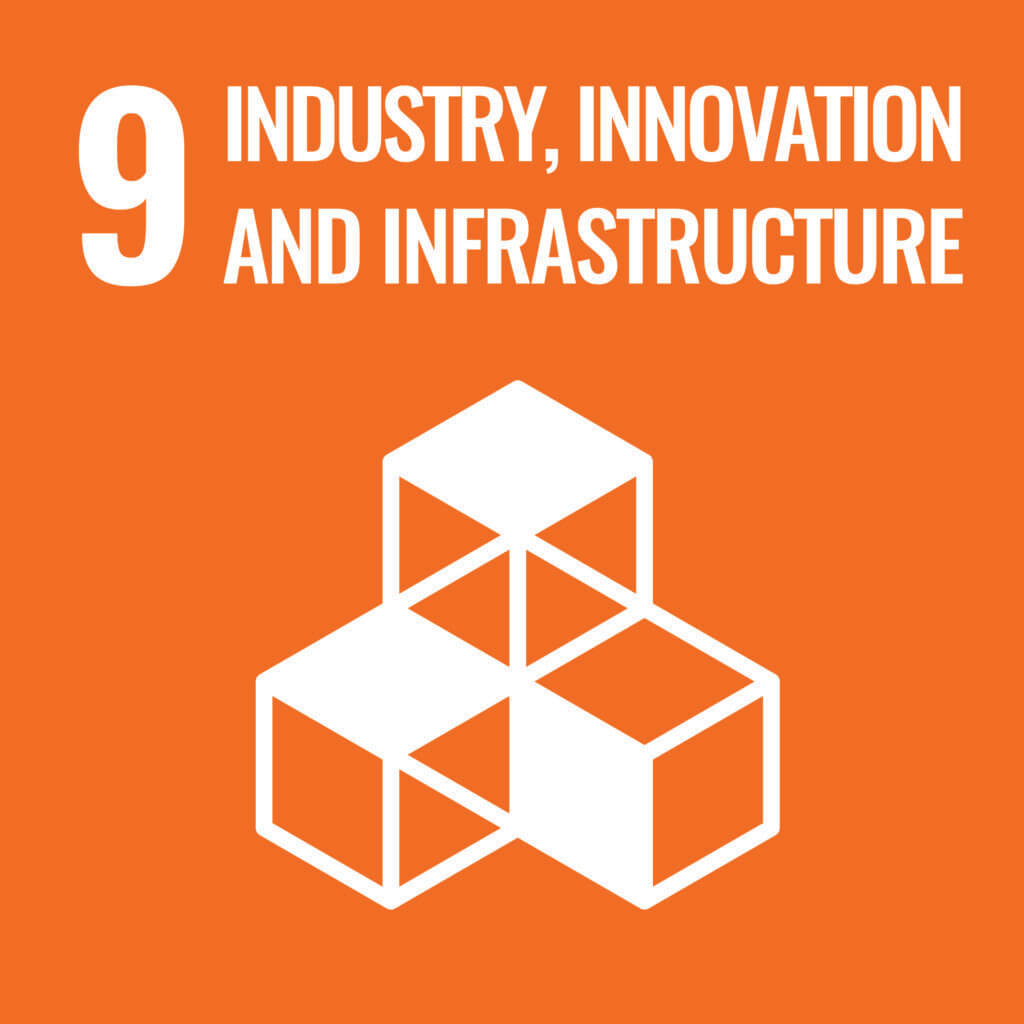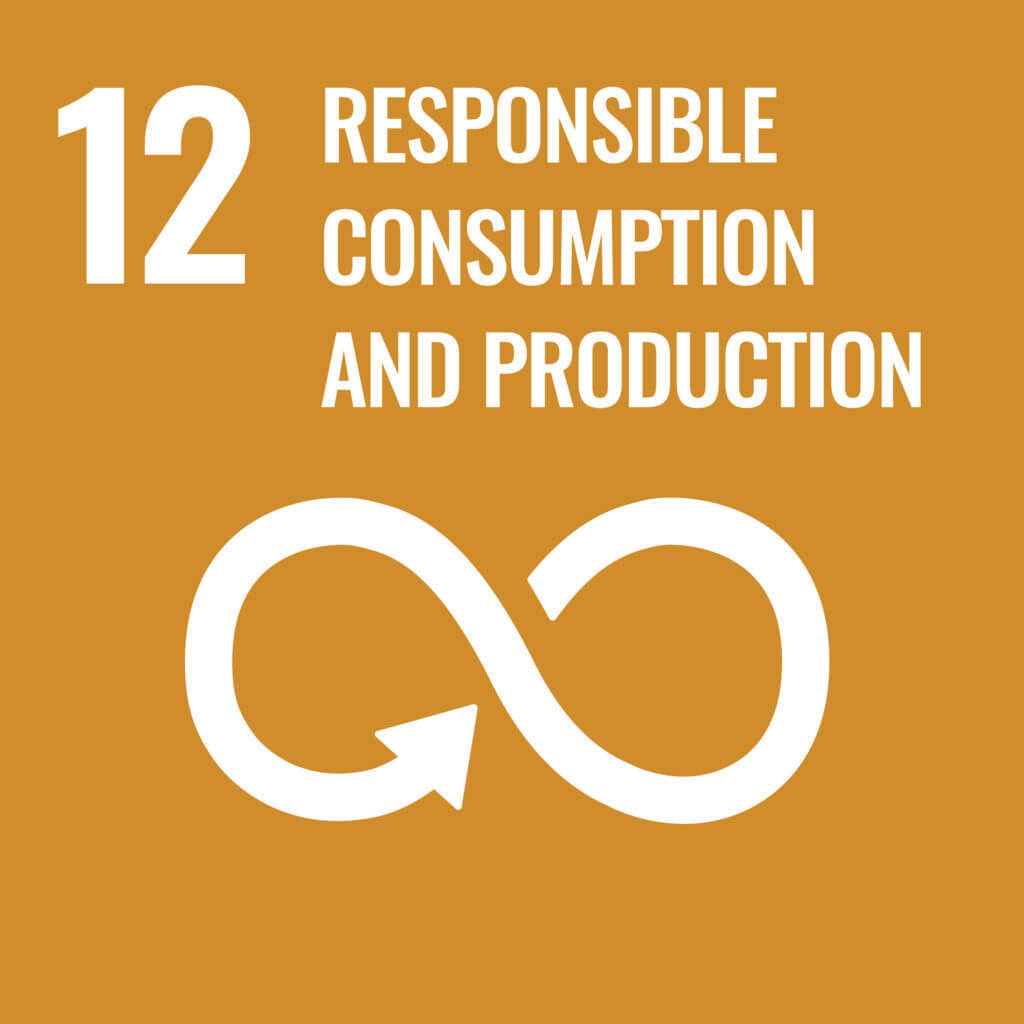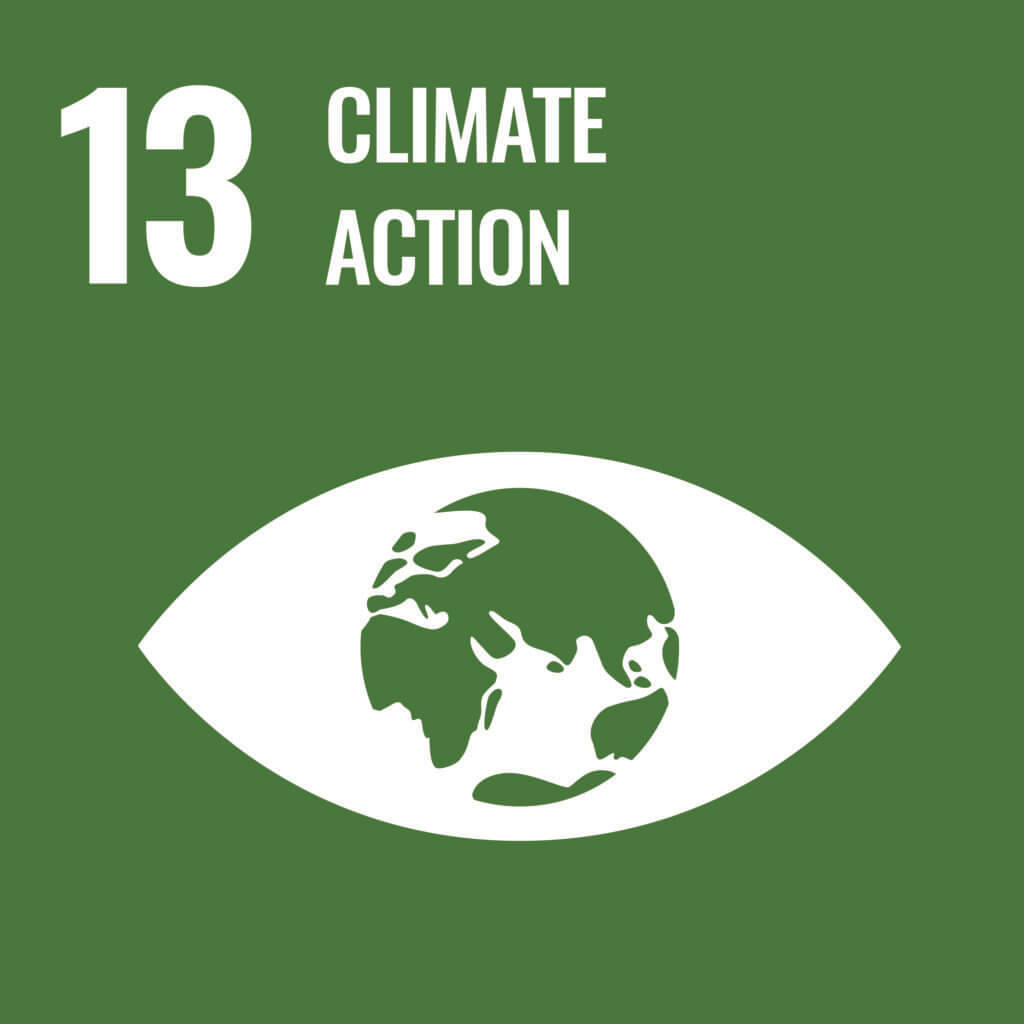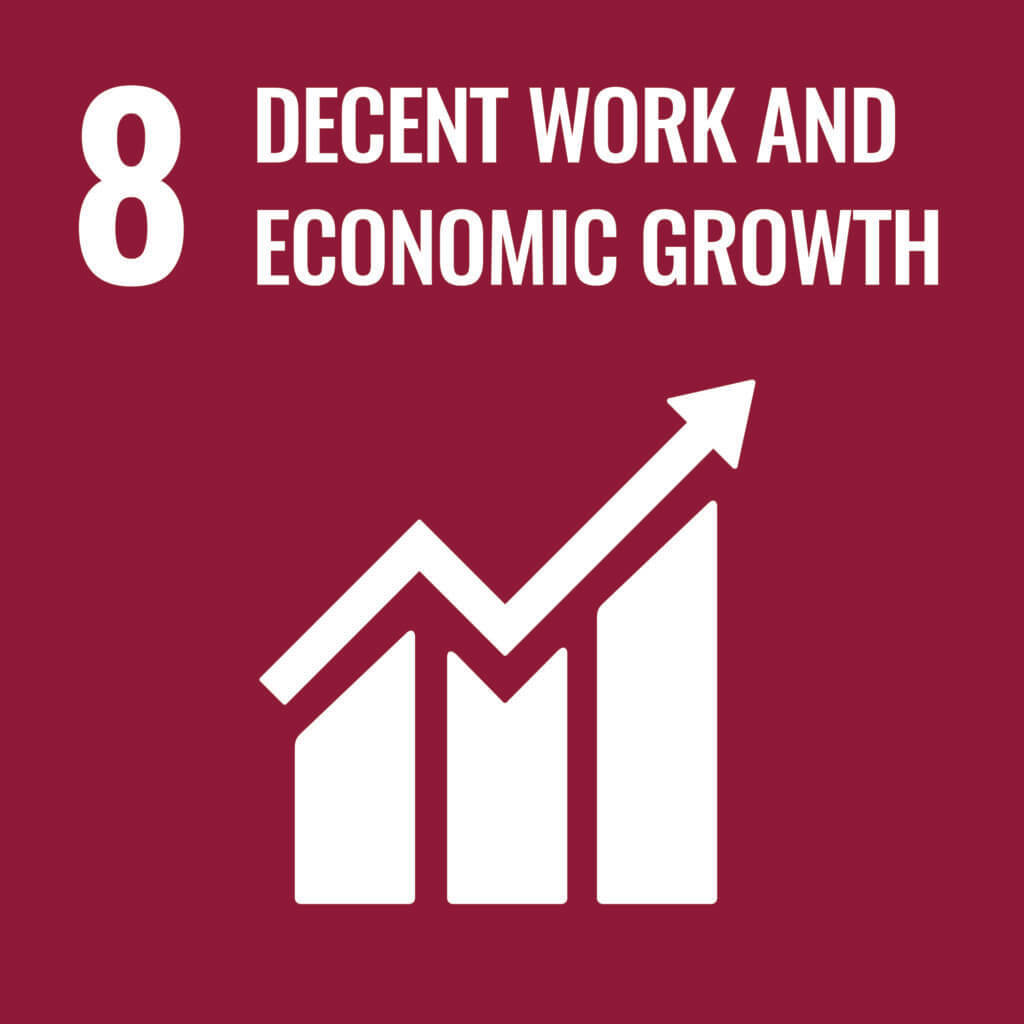Sustainability
Our approach to sustainability
The Board of Directors is Exel Composites’ highest governance body in relation to sustainability issues. The material sustainability topics are validated by the Board of Directors and the Sustainability Statement is published as part of the Report of Board of Directors. A sustainability team coordinates sustainability issues at Group level, lead by SVP, SVP, Technology and Sustainability, who is part of Exel Leadership Team.
The operational responsibility lies within each business unit and functional area of the organization.
Our main stakeholders include customers, employees, business partners and suppliers, shareholders, the financial market, authorities, industrial associations, and general community.
We have identified climate change mitigation, resource use and circular economy, occupational health and safety, and business conduct as our material sustainability topics. Read more about our material sustainability topics, targets, policies and actions in the Sustainability Statement published as part of the Annual Report 2024.

We are committed to market transparency and raising environmental standards.

Exel Composites’ share of environmentally sustainable activities in 2024
31.3%of revenue from |
15.5%of CapEx from |
14.0%of OpEx from |




